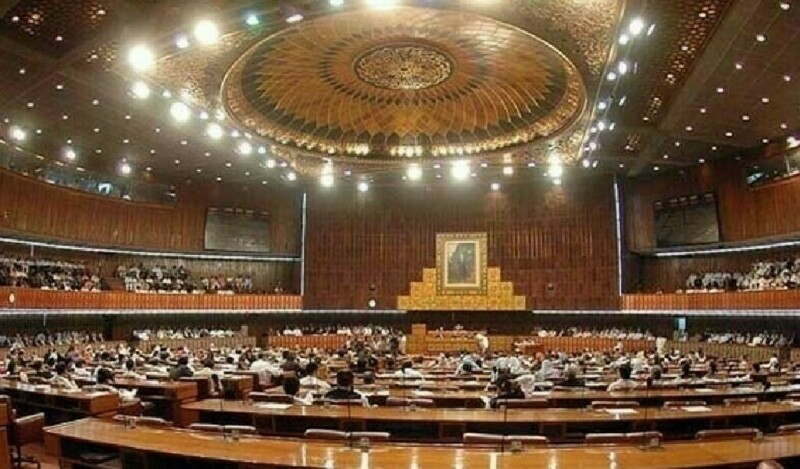After President Dr Arif Alvi’s astonishing revelations on Sunday that he did not sign the bills to amend the Official Secrets Act and the Pakistan Army Act into law, it’s worth knowing what changes these bills proposed.
A statement from the President’s House on Saturday said the President had signed the amendment bills. However, President Alvi on Sunday posted on the microblogging website X – formerly known as Twitter – from his personal account, saying he had asked his staff to return the bills unsigned within the stipulated time to make them ineffective.
“I confirmed from them many times whether they have been returned and was assured they were,” he claimed.
“However, I have found out today that my staff undermined my will and command,” he wrote, adding: “As Allah knows all, He will forgive IA. But I ask forgiveness from those who will be affected.”
Both bills, widely criticised by both the opposition and treasury benches, were passed by the Senate and National Assembly and sent to the President for his approval a few weeks ago.
Official Secrets (Amendment) Act, 2023
The bill to amend the Official Secrets Act was referred to the relevant standing committee of the Senate after it faced fierce opposition from both sides of the aisle.
The Senate approved the new insertions made by the Senate standing committee on August 6 and by the National Assembly on August 8.
According to a new insertion 2(A) in Section 11 of the Official Secrets Act 1923, notwithstanding anything contained in this Act or any other law for the time being in the future, the intelligence agencies may, at any time, can enter and search a place or a person without warrant, and if necessary, by use of force and seize any document, sketch, plan, model, article, note, weapon, ammunition, electronic or modern device or anything of like nature, or anything which is or can be evidence of any offence committed, or suspected of been committed under this Act.
Another insertion, 12A, says that under this Act, the investigation officer shall be an officer of the FIA not below the rank of BPS-17 or equivalent, and the FIA director general shall designate him. If the DG deems it necessary, he may appoint a Joint Investigation Team consisting of officers of intelligence agencies as he may appoint.
The JIT, according to the bill, will complete its inquiry within 30 days. The case if it relates to civil espionage, the FIA or JIT, will investigate the case.
However, according to an amendment in Clause B of Section 12, the punishment for an offence has been reduced from 14 to 10 years. The amendment clause says other than an offence punishable with imprisonment for a term that may extend to 10 years. It shall be a cognisable and bailable offence.
Pakistan Army (Amendment) Act, 2023
The Army Act amendment bill, approved by the Senate on July 27, paves the way for the punishment of up to five-year rigorous imprisonment to any person guilty of disclosing any information acquired in an official capacity that is or may be prejudicial to the security and interest of Pakistan or the armed forces.
The bill says that those who disclose information against the country’s or the army’s interests will be dealt with under the Official Secrets Act and the Army Act.
It proposes up to five years in jail for anyone who discloses sensitive information regarding the country’s security or the army.
One of the amendments in the Act accords more powers to the army chief and bars ex-servicemen from engaging in politics and taking up ventures that could conflict with the army’s interest. It also proposed imprisonment for defamation of the army.
The bill proposes introducing Section 26-B, which forbids any person subject to the Army Act from engaging in any political activity for two years from the date of their “retirement, release, resignation, discharge, removal or dismissal from the service.”
The bill also proposes introducing Sections 55-A (conflict of interest), 55-B (electronic crimes) and 55-C (defamation).
Section 55-B says that any person who commits an offence under the Prevention of Electronic Crimes Act (Peca), 2016, “with the malafide intention to undermine, ridicule, or scandalize the armed forces of Pakistan” shall be punished in the manner prescribed in the Peca law.
As per Section 55-C, a person subject to the Army Act, who “ridicules, scandalises, brings into hatred or otherwise attempts to lower the armed forces of Pakistan or any part thereof in the estimation of others shall […] be punished with imprisonment which may extend to two years or fine or with both.”
Read the full story at the Business Recorder - Latest News website.



